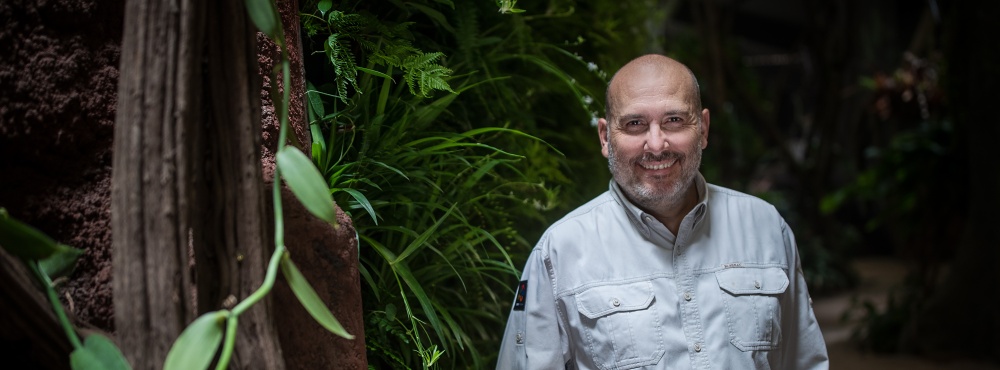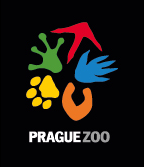World Pangolin Day: Mission accepted

In the belief that World Pangolin Day has already entered public awareness and that the media would provide information about it in copious amounts, I devoted the last Director’s View to the recent birth of a male giraffe. Nothing could have been further from the truth. Despite the fact that just four days before, the Malaysian authorities had confiscated an unprecedented thirtytons (!) of pangolins and their body parts, these endangered mammals received the minimum amount of space in the Czech media. All due credit to the exceptions, but when I did a little poll on social networks to see how many people had heard of World Pangolin Day and from where, I was amazed to find that my poll was the largest source of information.
 Poached pangolin, Kamerun, photo: Miroslav Bobek
Poached pangolin, Kamerun, photo: Miroslav Bobek
Pangolins are the only mammal to be covered with scales, therefore they are sometimes compared to living - and quite overgrown - spruce cones. However, the body shape is somewhat closer to an anteater. Of a total of eight species, four live in Asia and four in Africa. Pangolins on both continents are under great pressure, both for their meat and for their scales. Their meat is highly valued in Africa and Asia. The scales are used mainly in Asia; where a powder from them is purportedly used in 60 traditional medicine remedies. With the growing human populations on both continents and the increasing purchasing power of many Asians, pangolins have become a priority target for poachers, traffickers and smugglers. For a long time now, they’ve headed the list of the most illegally traded animals.
One of the participants in my poll commented that pangolin protection could be a new challenge for Prague Zoo. Mission accepted. In Cameroon, we are working to protect pangolins in the framework of our Wandering Bus project. But we have also started working to protect them in Laos. Not only are they hunted there, it is also an important transit country in the illegal trade of their body parts and scales. In cooperation with Wroclaw Zoo, we are financing the construction of a Pangolarium in the grounds of the Free the Bears rescue station near the Laotian town of Luang Prabang. The Pangolarium has been designed to hold more than a hundred pangolins confiscated from poachers and traffickers. It will help the pangolins recover and prepare them for their return to the wild.
The Czech-Polish Pangolarium should be completed by the end of March. It will become our somewhat belated, but nonetheless significant contribution to World Pangolin Day.

ZOOPRAHA.CZ
Contacts
- The Prague zoological garden
U Trojskeho zamku 120/3
171 00 Praha 7
Phone.: (+420) 296 112 230 (public relations department)
e-mail: zoopraha@zoopraha.cz
Others








